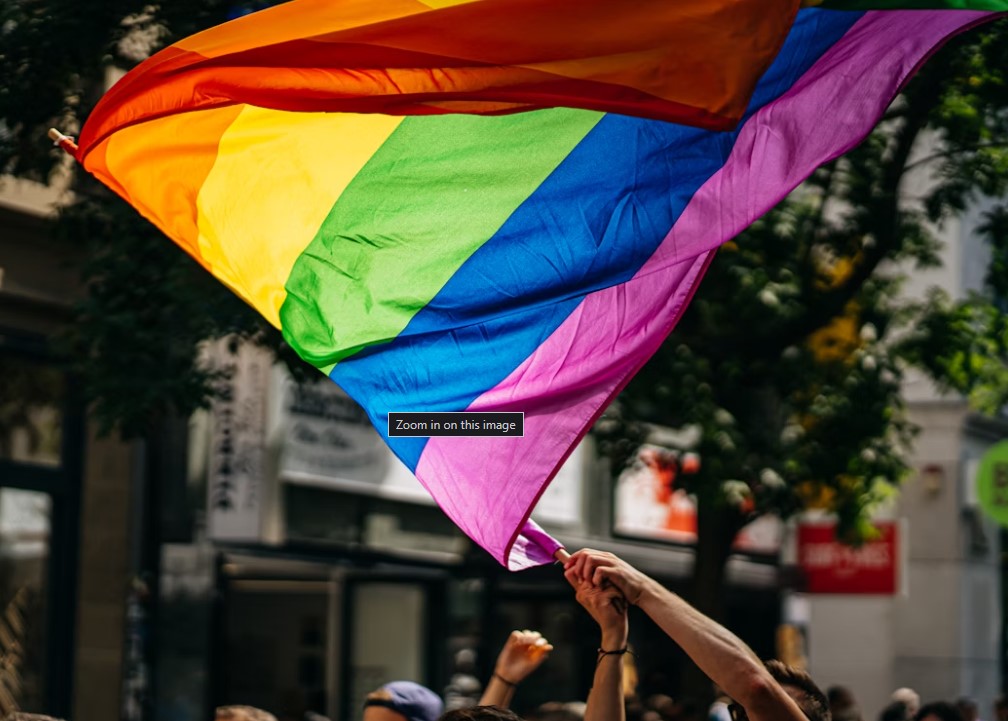✍️ By: Gay-Chat Editorial
Budapest is gearing up for its 30th Pride march on June 28, but this year it’s not just another parade—it’s a statement. Mayor Gergely Karácsony has announced that the event will be officially organized and funded by the city council to circumvent Hungary’s new anti-LGBTQ laws. These laws, endorsed under Prime Minister Viktor Orbán, give police broad powers to block LGBTQ events and even use facial recognition technology to track participants.

By declaring Pride a municipal celebration rather than a permit-required demonstration, Karácsony’s bold move aims to reclaim freedom and self-expression in the face of growing restrictions. “Love and liberty can’t be banned,” he said, positioning the event as a public festivity rather than a regulated protest.
This courageous stance comes during a politically charged period ahead of the 2026 general elections, in which the conservative government has strengthened Hungary’s “traditional” gender and family definitions. Despite the pressure, Budapest is sending a clear signal: diversity and pride remain non-negotiable — and local governance can be a powerful protector of human rights.
🌈 Takeaway: When national suppression clashes with local solidarity, city leadership can become a beacon of hope — reminding us that authentic expression and collective identity can’t be erased.